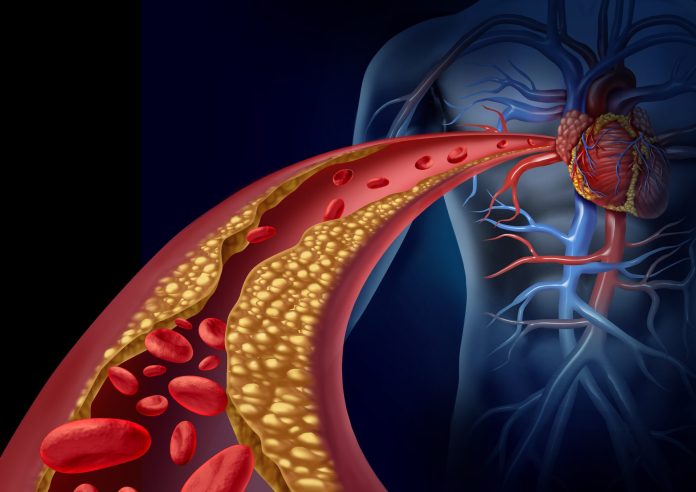The number of deaths from heart-related conditions caused by air pollution has been on the rise over the last 10 years and is set to increase further, says a recent study by the World Heart Federation.
“Air quality levels have barely improved despite a range of measures recommended by the WHO (World Health Organization) and other agencies, leading to as many as 1.9 million dying every year from heart disease and just under a million from strokes due to outdoor air pollution alone,” a note on the study said.
In 2019, almost seven million deaths were attributed to air pollution, the study said. “The links between air pollution and its damaging effects on almost all organs of the body are undeniable. The cardiovascular effects in particular … are stark,” it adds. Further, it pointed out, that globally, 22 per cent of deaths from ischaemic heart disease and 15 per cent from stroke were attributable to air pollution in 2019.
Air pollution comes from sources including transport, industry and wildfires. However, the study also looked at the serious health risks from indoor air pollution. “Tiny invisible particles in air pollution are affecting heart rhythm, blood clotting, the build-up of plaques in arteries, and blood pressure, as well as adversely affecting respiratory diseases and other conditions across the body,” the note said.
- Also read: Growing up in the times of air pollution
On the takeaway for India, Dr Mark Miller of the University of Edinburgh told businessline in an emailed response, “Air pollution levels have fallen slightly over the last decade, however, levels remain extremely high and because of this there will be many more cases of heart disease and stroke.” Miller, one of the lead authors of the report, Chaired the Air Pollution and Climate Change Expert Group at WHF.
While the elderly, pregnant women and children with asthma, for example, are seen as being more susceptible to air pollution, he said, “everyone is at risk of air pollution to some degree. Even if you are a young healthy adult, air pollution can interfere with the health of the cardiovascular system in many different ways, putting you at greater risk of developing a cardiovascular condition.”
“We are encouraging all governments to adopt the2021 WHO Global Air Policy Guidelines,” he said, adding that they were very stringent air quality measures, required to reach levels of air pollution that have the minimum possible health effects. Further, he pointed out, “fossil fuels are the source of some of the most harmful types of air pollutants, especially in terms of cardiovascular health. Countries should work towards minimising the use of fossil fuels, and taking part in initiatives to provides homes with clean fuel sources for heating and cooking.”
The WHF represents the global cardiovascular community, bringing together more than 200 patient, scientific and civil society groups, it said. The report was supported financially by the Novartis Foundation, but it had no input in the content of the report or its review, a person familiar with the report clarified.









